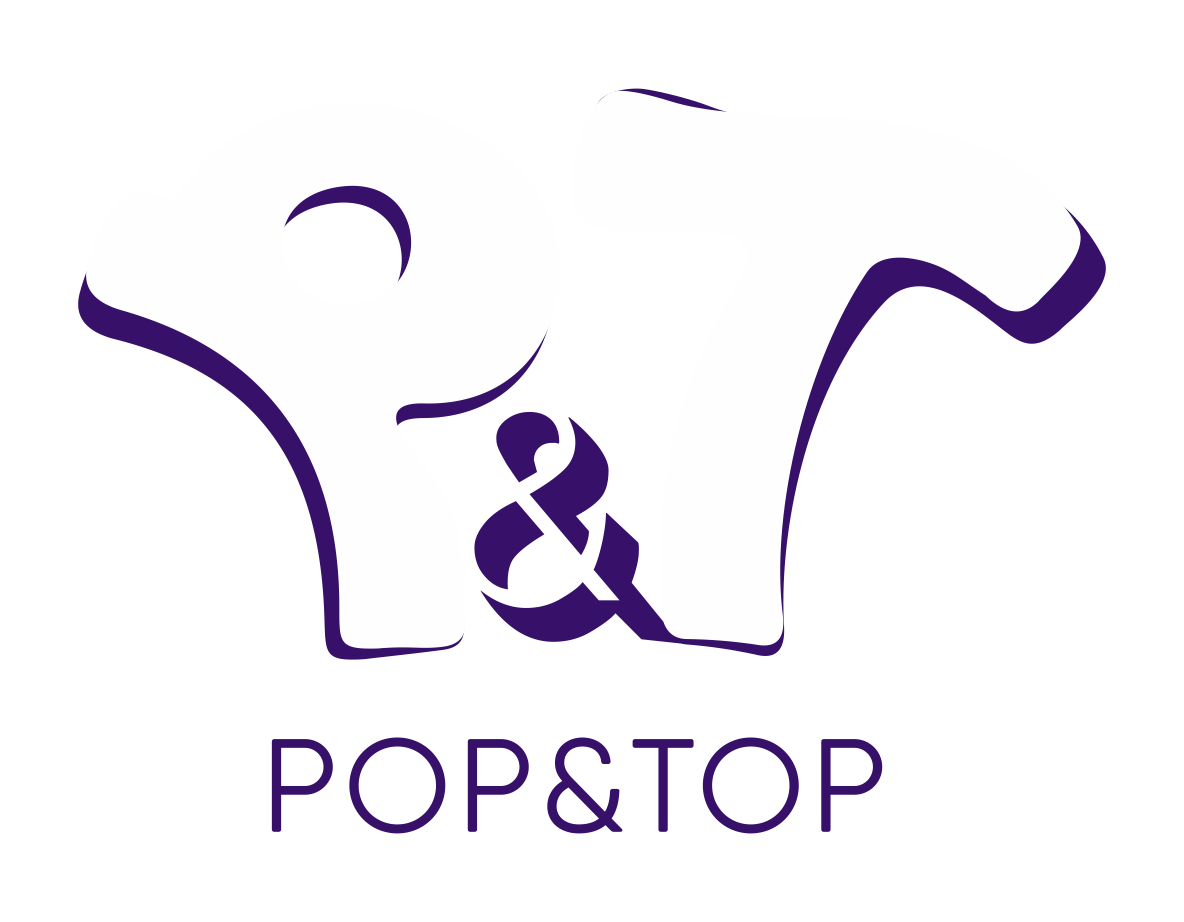In August 2019, the long-awaited premiere from the legendary director took place. Tarantino’s style is recognizable. After watching a mini-history of the underside of Hollywood, you will not doubt the authorship for a second. The film came out special. It had everything: dialogues, curiosities, jokes, bloody fights. Everyone found something of their own. But what did Quentin mean? It’s not in his rules to release pacifiers.
Meaning of Once Upon a Time in Hollywood
Let’s leave aside the plot of the creation of the legend of cinema, because even in the film work itself there is a reference to the author’s opinion regarding his film. This is a biography of a Hollywood star, more precisely, several episodes of his career. There is a purpose to this approach. The viewer has the opportunity to pay attention not to plot intricacies or unexpected twists, but to a specific message.
Quentin Tarantino in his work makes it clear that he has identified several ideological vectors:
- Show the backstage of the Hollywood routine through the problems faced by real and fictional characters.
- To ridicule the vices of high cine society.
With this, the director coped with a bang. An unexpected look at Bruce Lee shows a certain swagger of the heroes of his time. The behavior of the martial artist repels, but makes you smile. The subject for satire was not the actor himself, but a generalized image of pretentious regulars of action movies and thrillers. Womanizer Roman Polanski also got his share as an extract of popular filmmakers looking for carnal pleasures. The heroine Margot Robbie got into the cinema by chance, lit up in time in front of her future husband. With what narcissism she watches a second-rate movie in which she got her not-so-main role.
DiCaprio and Brad Pitt make the viewer understand that not everything is so beautiful in stellar life. Celebrities from the series are losing their grip and pale against the background of new actors, finding solace in alcohol. Understudy drives a luxury car only during working hours, and he lives in a dirty trailer.
The selected semantic directions are fully disclosed and clearly draw the main meaning: fame and money can pretty much spoil a person, and a lot of problems and suffering are hidden behind fashionable villas, as well as behind beggarly barracks.
What’s the point of the Once Upon a Time in Hollywood ending
The final 20 minutes delighted meat lovers. Everything was Tarantino. But the bloody showdown with the hippies was not an end in itself. After a driving outlet, the dramatic nature of the moment becomes clear. Rick Dalton truly understands the value of “friendship for all time”.
But the ending also has an obvious reference to the tragic events of 1969 on Cielo Drive, where Tate Sheron (played by Margot Robbie) and her friends were brutally murdered. In the film, the attackers are dealt with in full, and Tate calmly calls Rick for a chat. The reality was different, but we are not dealing with a historical drama, but with a thriller with a hidden meaning. This scene was both a tribute to the memory of a colleague in the shop, and a focus on how ordinary the characters behaved when the passions subsided. Such is the specific stellar life.
Between the lines of the script, the message clearly hits the eye: “life is not a movie.” After all, if in reality the super-hero understudy (Brad Pitt), then the fate of Tate and her unborn child was different.


Left a comment